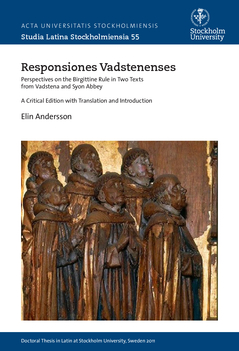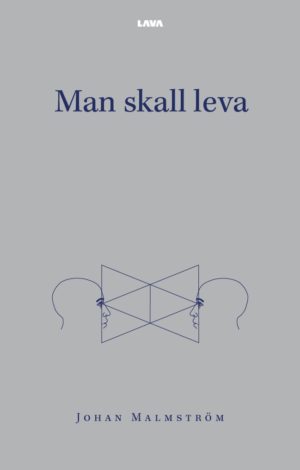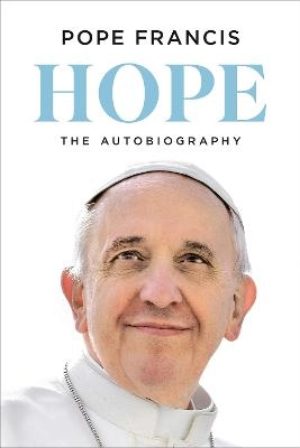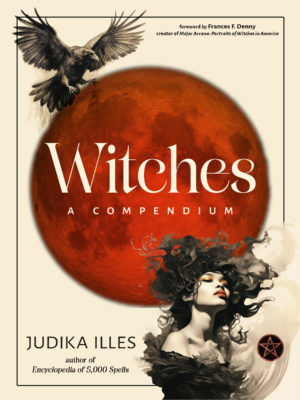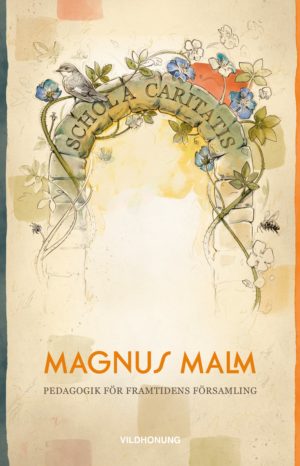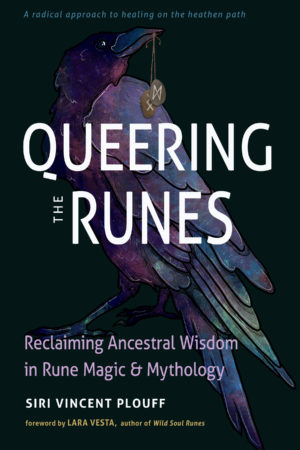The Birgittine monastery Syon Abbey was established in England in 1415. This was a time of expansion of the Birgittine order, and the work to develop a common legislation had started. The 1420s was a turbulent decade when the pope temporarily banned the Birgittine practice of having both a female and a male community living close together, albeit strictly separated from each other. Another difficult matter concerned the authority of the two heads - the abbess and the confessor general - and the role of the Birgittine brothers: were they to be seen as monks, living in their own monastery, or as assistants to the sisters? The English Birgittines quite soon asserted their own conception of the Birgittine Rule, but still sought the advice of Vadstena, their mother house, when it came to certain important matters. The present work contains editions of two Latin texts dealing with matters discussed by the two monasteries: Responsiones, a collection of answers to 175 questions on the Rule and Collacio, a text not unlike a sermon and reflecting similar topics. The first part of the Responsiones consists of answers to letters sent from Syon to Vadstena; the second part deals with matters discussed in Vadstena in 1427, when two English brothers visited the Swedish monastery. The Collacio was probably written by Syon's protector, the Benedictine abbot John Whethamstede, and exhorts the Birgittines to unite and to seek the original intentions of the foundress, Saint Birgitta. The Introduction discusses the background of the texts edited in the present work, focussing on central Birgittine texts, the relations between Syon Abbey and Vadstena and the contents of the Responsiones and the Collacio.
